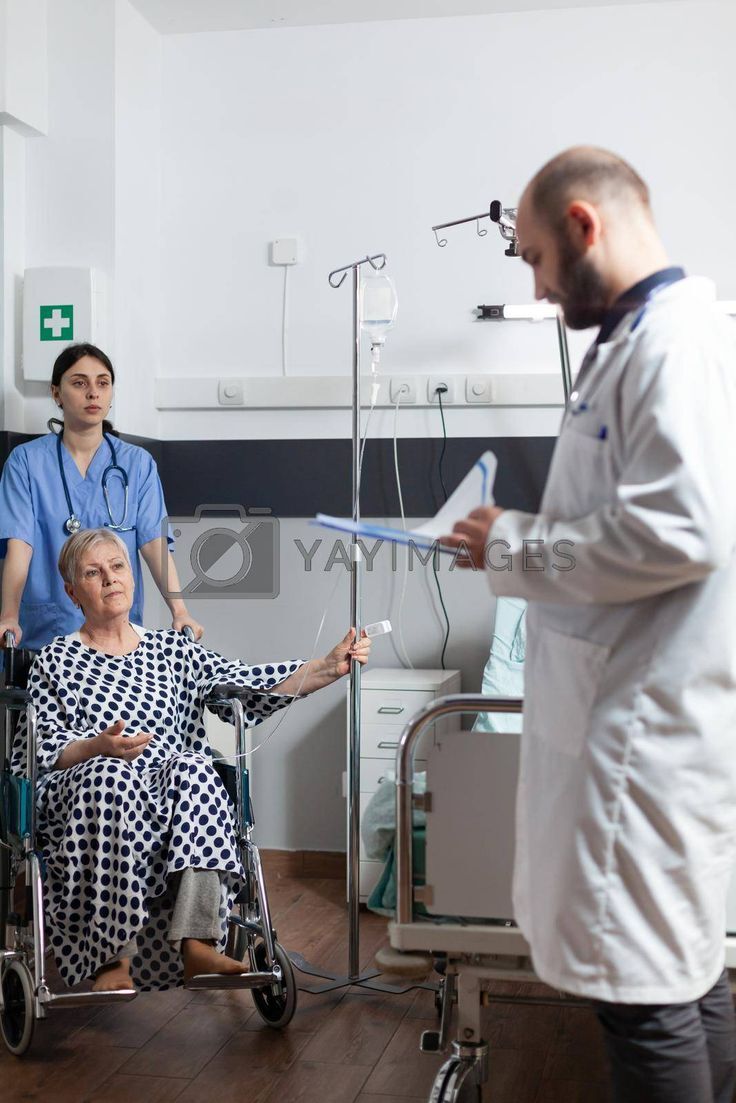Recognizing the Signs of a Stroke
If you or a loved one is at risk, understanding how to detect the signs of a stroke is crucial. With the rising incidence of strokes globally, this knowledge has become increasingly vital. Many individuals, leading unhealthy lifestyles, may be predisposed to strokes, which can be life-threatening depending on the type.
Educating yourself about the signs of a stroke equips you to act swiftly, potentially saving your life or someone else's.

Why Do Stroke Symptoms Appear So Suddenly?
Stroke symptoms emerge abruptly due to a sudden interruption in blood flow to parts of the brain. When the brain receives insufficient blood, it can cease functioning, posing a fatal risk if not promptly addressed.
Understanding Transient Ischemic Attack (TIA)
A Transient Ischemic Attack (TIA), often called a "mini-stroke," serves as a stroke warning sign and requires immediate attention. It occurs when blood flow to a brain region is temporarily reduced. TIA symptoms can last from minutes to a few hours but typically resolve within 24 hours. Taking TIAs seriously is essential, as they often precede a more severe stroke.
TIA symptoms typically appear suddenly and always warrant emergency medical treatment. Indicators of a mini-stroke include:
- Weakness in the face, arm, and/or leg, often on one side of the body
- Numbness in the face, arm, and/or leg, typically on one side
- Difficulty speaking or understanding speech
- Inability to speak or write- Dizziness or imbalance- Double vision
- A sudden, unusual moderate to severe headache
Recognizing these signs can make a crucial difference in handling stroke emergencies effectively.
signs of a stroke include the following:
- Facial drooping or numbness of the face may come on suddenly, and may be temporary.
- Arm weakness or leg weakness. If a stroke is occurring, they may have difficulty in raising one limb.
- Speech difficulty. Slurring words or sudden confusion may indicate a stroke.
- Blurry vision.
- Dizziness.
- Headache.
If you or someone you know is experiencing any of these symptoms or even if the symptoms suddenly appear, then go away, immediately call 9-1-1 and get medical assistance.
Contact https://www.adequatehcsi.com/contact to learn more about how our support and care services can help you or your loved one.